
Fennel is a plant in the genus Foeniculum, characterized by yellow flowers and feathery leaves. This plant originates from Mediterranean region, but it is widely spread all over the world. Fennel is commonly found on very dry soils near coasts of the sea and along the riverbanks. Fennel is used as one of the main ingredients of absinthe. It is highly aromatic and health beneficial, and commonly consumed as a spice or because of medical reasons. The bulb, foliage, and seeds of the fennel plant are edible and used in many of the culinary traditions of the world. Fennels are rich in anethole, a type of aromatic compound that occurs widely in essential oils. This phenylpropene is responsible for most of the health beneficial effects of fennel.
Fennel digestive benefits
Fennel has powerful carminative properties. This herb and its preparations prevent formation of the gas in the gastrointestinal tract and aid the expulsion of gases. Fennel can also decrease lower esophageal pressure and thus prevent heartburn. It is safe to use even in infants. One of the best remedies for the flatulence in infants is to mix fennel water with sodium bicarbonate and syrup. Fennel can also be used as a tea, obtained by pouring boiling water on a teaspoon of bruised fennel seeds. In adults, fennel tea relieves the gastro-intestinal problems and reduces bloating.
One can also chew the seeds of fennel. They have very nice taste while being full of health benefits. Fennel is high in fiber and it may help to remove carcinogenic toxins from colon. The seeds are chewed to decrease hunger and to ease indigestion. Brewed as a tea they may relieve constipation. Fennel is an antispasmodic; it relaxes the smooth muscles of the intestines, which may also help against cramps.
How to use
Fennel tea is great for digestion and it is relatively easy to prepare. Tea is prepared by pouring a cup of boiling water over fennel seeds and letting it stand for 5 minutes. Tea is consumed fresh, best before the meal, three times a day. The base, stalks and leaves can be used for cooking. The stalks of the fennel can be used for soups, stocks and stews, and leaves make great addition for various salads and side dishes.
Cautions
Fennel is generally considered safe and nontoxic. Only few very rare individuals may have adverse allergic reaction on to fennel. However, pregnant women should restrain from taking large amounts of fennel preparations. For them, there is a risk of milk coming in too early.





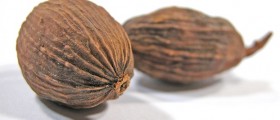
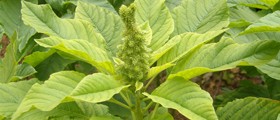
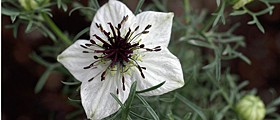


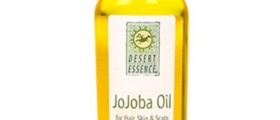

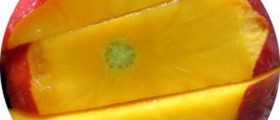




Your thoughts on this
Loading...